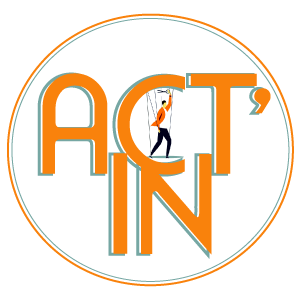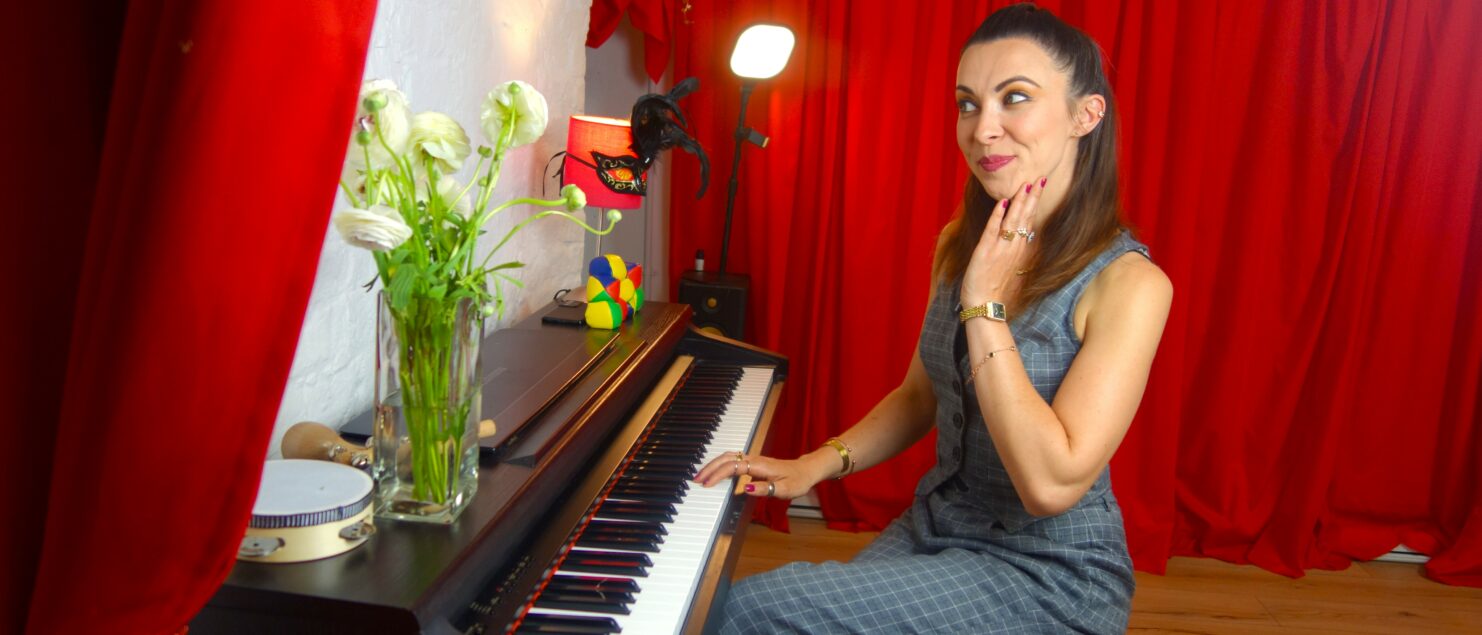Music and emotions
Hello, enthusiasts of drama, living arts and… music!
Today, we will explore a fascinating mystery: music, and its incredible powers on our emotions. How can a simple melody make us laugh, bring us to tears or even give us the goosebumps? Music seems to possess a universal language that speaks to us directly. So, let’s take a few moments and let’s go explore together the captivating link between music and our emotions.
Let’s go!
Why does music make us feel emotions?
Music has a unique ability to trigger deep emotional reactions. But how does this work, exactly?
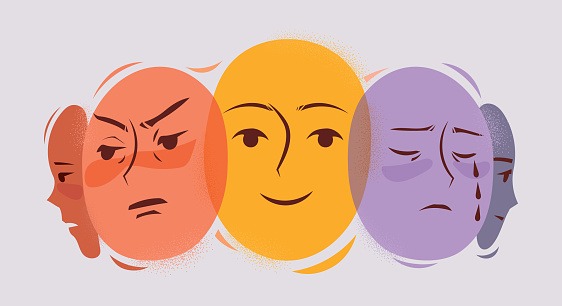
A universal language:
Have you ever heard a song without understanding the lyrics? But that did not prevent you from feeling emotions, right? Indeed, music is a kind of universal language. Whether you understand the lyrics of a song or not, its melody, its rythm and its harmony can convey universal feelings like joy, sadness or excitement.
An impact on the brain:
What goes on in our minds? When we listen to a song, several zones of the brain activate simultaneously. The lymbic system, which handles emotions, plays a key role. For instance:
- Rapid rhythms stimulate our adrenaline production and make us want to dance.
- Soft harmonies activate the production of dopamine, a hormone associated with happiness.
- A minor tone can provoke melancholy or nostalgia.
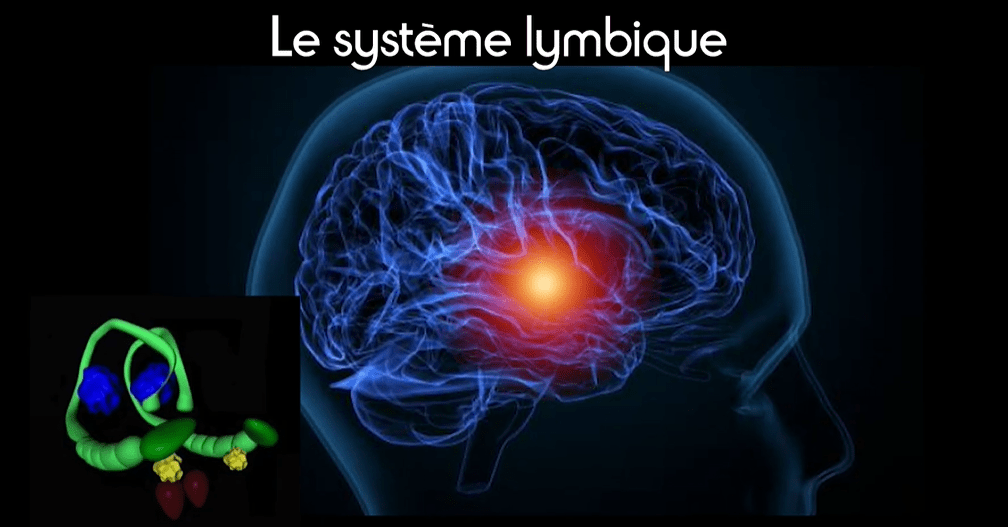
Memory and association:
Furthermore, some songs are closely tied to memories or special moments of our lives. Listening to certain songs can revive a happy, sad or intense memory, thus reinforcing our emotional reactions.
The history of the link between music and emotions
The emotional power of music comes from a long (long!) time ago. Since the earliest times, humanity has been using sounds to express and share their feelings.
Ancestral origins:
In primitive societies, rhythms and chants played a central role in rituals and celebrations. Drums, for instance, were used to communicate with the spirits or gather communities around collective emotions.
Music in ancient civilisations:
The ancient Greeks thought that music had a direct effect on the soul. They talked about musical ethos. There are 3 of them:
- The dorian mode: brave.
- The phrygian mode: passionate.
- The lydian mode: calming.
According to them, each musical mode could influence a precise emotional or moral state.
Evolution throughout the centuries:
As music evolved, its emotional effects continued to be explored. Bach’s baroque compositions, for instance, played upon repetitive structures to induce contemplative or meditative states. On the contrary, Beethoven and Tchaikovsky’s romantic symphonies were created to provoke powerful waves of emotions.
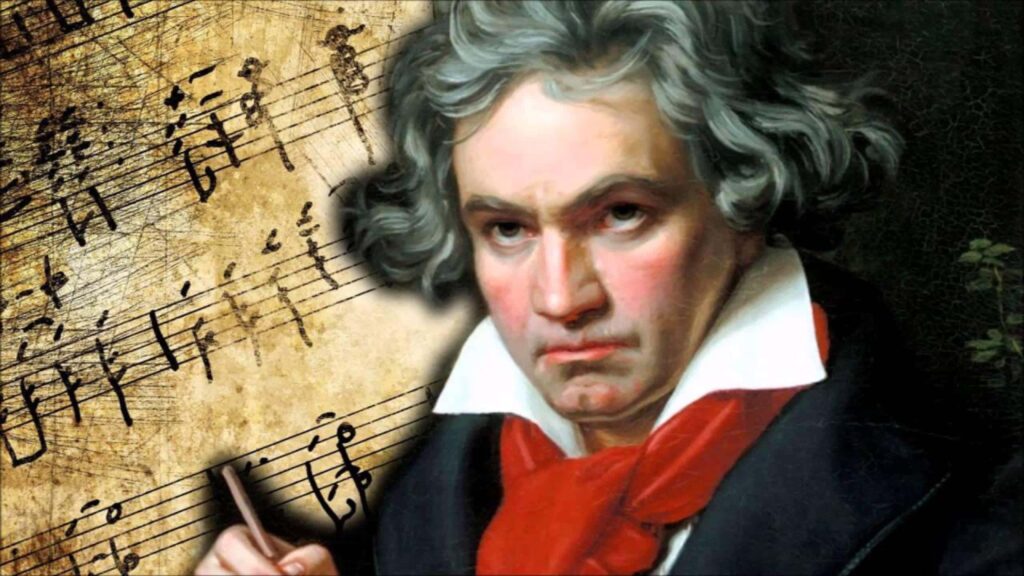
Music, a tool to handle our emotions
Music doesn’t just reflect our emotions; it can also influence and transform them. For example:
Music and therapy:
Musicotherapy is a discipline which uses music in order to heal. It helps to reduce stress, handle pain, or even improve the moods of patients with depression or anxiety disorders.
Emotional playlists:
We often create playlists according to our emotions or moments of our lives:
- An energetic playlist to get motivated before a sports session.
- A soft and calming selection to unwind after a long stressful day.
- Nostalgic pieces to relive precious memories.
A universal emotional support:
In moments of grief or collective joy, music plays a central role. It unifies people, amplifies the shared emotions, and offers a means of expressions where words aren’t enough.
What about us artists in all of this? Music helps enormously on stage. It stimulates our emotions by creating an atmosphere that supports us a lot.
I also invite my students to listen to music in the backstage before going on stage when they have to play big emotions, in order to activate them beforehand!
Musicals reflect very well the powerful link between music and emotions. The stage director writes and selects the pieces carefully to amplify each moment, helping the actors whilst also touching the public deeply. That’s when drama becomes a complete sensory experience. Powerful tool, right?!
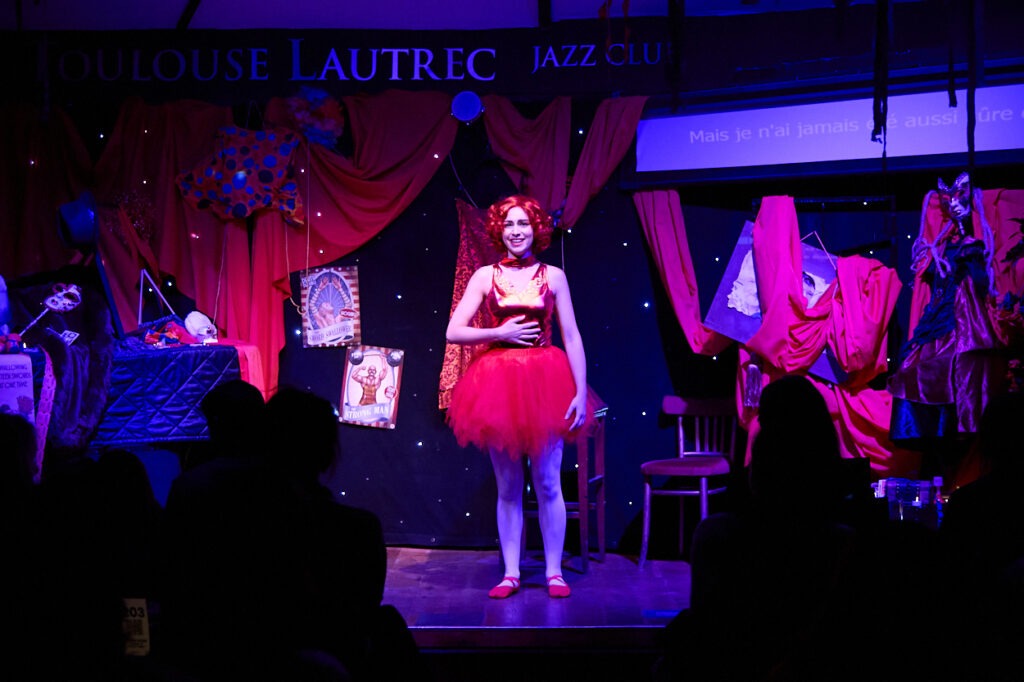
As you can see, the link between music and emotions is a unique and universal sensory journey.
Whether it transports us in the past, comforts us or motivates us, music is an integral part of our lives and our emotional wellbeing.
So put on some music in your day, and let yourself get carried away by the magic of the notes! See you very soon for a new topic!
Now that you know everything, do not hesitate to try our little “knowledge quiz” down below!


